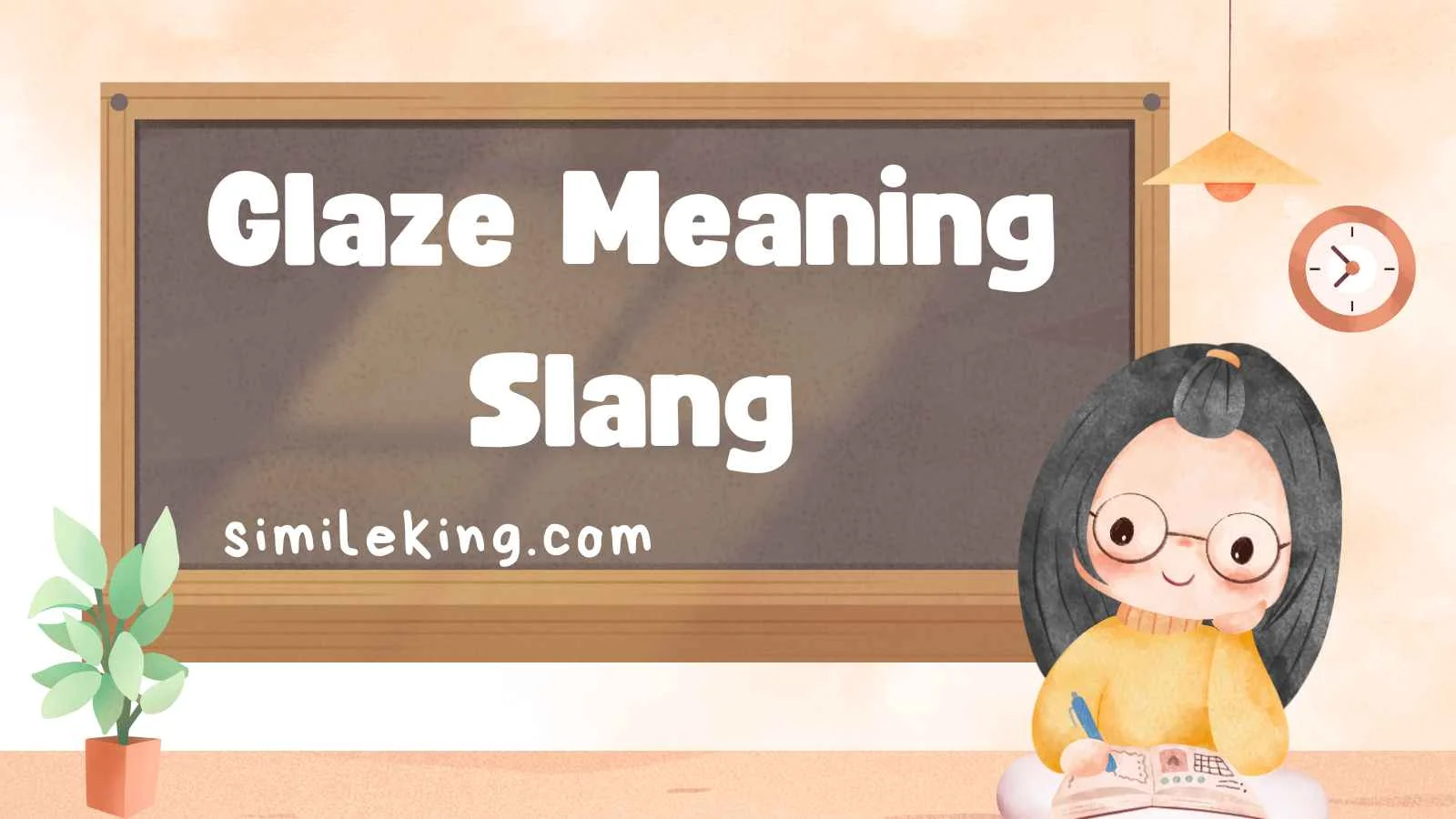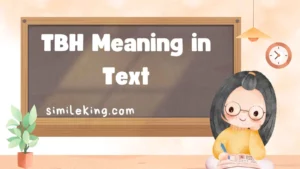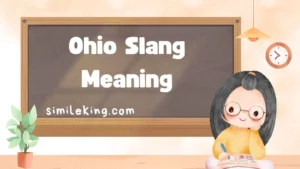Language is ever-evolving, and slang terms often emerge to capture the nuances of contemporary culture. One such term that has gained prominence in 2025 is “glaze.” While the word traditionally refers to a glossy coating, its slang usage has taken on a new meaning, particularly among Generation Z and Gen Alpha. In this article, we’ll delve into the meaning of “glaze” in its slang context, its origins, and how it’s used in modern communication.
What Does “Glaze” Mean in Slang?
In 2025, “glaze” is used as a verb to describe the act of excessively praising or complimenting someone, often to the point of insincerity or over-enthusiasm. It’s akin to terms like “brown-nosing” or “sucking up,” but with a more contemporary twist. The term is frequently used in online communities, especially on platforms like TikTok and Twitter, to call out individuals who are perceived to be offering undue flattery.
Examples of Usage:
- “Stop glazing, it’s getting embarrassing.”
- “He’s always glazing his favorite influencer.”
- “That comment was pure glaze.”
These examples illustrate how “glaze” is employed to critique someone for being overly complimentary or sycophantic.
Origins of the Term
The slang usage of “glaze” appears to have emerged in the early 2020s, gaining traction through social media platforms. Its exact origin is unclear, but it likely evolved from the traditional meaning of “glaze” as a smooth, shiny coating, metaphorically applied to describe someone who is overly smooth or insincere in their praise.
The Role of “Glaze” in Gen Z and Gen Alpha Culture
For Generation Z and Gen Alpha, slang terms like “glaze” serve multiple purposes:
- Social Commentary: Using “glaze” allows individuals to critique others’ behavior in a humorous or satirical way.
- In-Group Identity: Employing such slang helps create a sense of belonging within peer groups who share similar linguistic patterns.
- Cultural Reflection: The prevalence of terms like “glaze” reflects a cultural skepticism towards overt displays of admiration or flattery, emphasizing authenticity and self-awareness.
How “Glaze” Compares to Other Slang Terms
To understand “glaze” better, it’s helpful to compare it to similar slang terms:
| Slang Term | Meaning | Usage |
|---|---|---|
| Glaze | Excessive, often insincere praise | “Stop glazing him, it’s obvious.” |
| Gas | Something that’s excellent or impressive | “That new song is straight gas.” |
| Cap | A lie or falsehood | “You’re capping, that didn’t happen.” |
| No Cap | No lie, being truthful | “I’m telling you, no cap, she’s amazing.” |
| Bet | Agreement or affirmation | “You want to go out tonight? Bet.” |
These comparisons highlight how “glaze” fits into a broader lexicon of slang that conveys nuanced meanings and social cues.
The Impact of “Glaze” on Communication
The use of “glaze” in everyday language reflects broader trends in communication:
- Brevity and Wit: Slang terms like “glaze” encapsulate complex ideas in a single word, promoting concise expression.
- Digital Influence: The rapid spread of slang terms is facilitated by digital platforms, where language evolves quickly.
- Cultural Shifts: The popularity of “glaze” indicates a cultural shift towards valuing authenticity and calling out perceived insincerity.
Conclusion
In 2025, “glaze” has emerged as a prominent slang term among younger generations, encapsulating the desire for authenticity and the critique of excessive flattery.
Its usage underscores the dynamic nature of language and how it adapts to reflect societal values and communication styles.
Understanding terms like “glaze” provides insight into the cultural zeitgeist and the ways in which language serves as a mirror to social dynamics.





